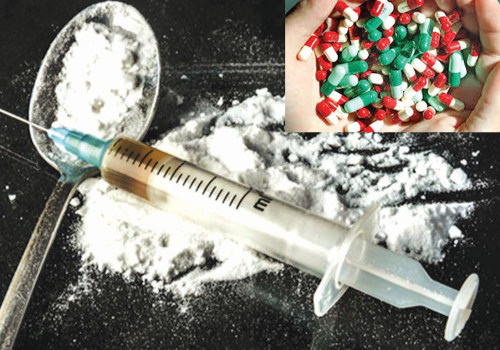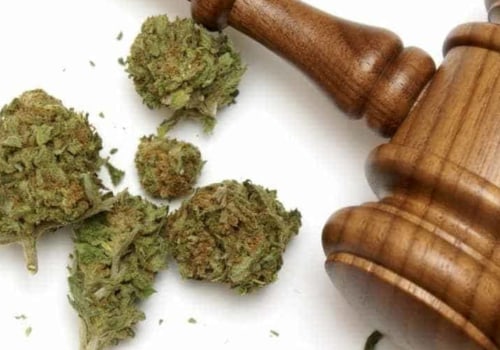A misdemeanor conviction will remain on your record and will be available to the public for three years before it can be removed. A felony conviction will remain on your record and will be available to the public for five years before it can be removed. If you receive a criminal conviction for drug possession, it will remain on your record for 10 years from the date the conviction is recorded. If you receive a jail sentence of more than 6 months (including an intensive correction order), the conviction will remain on your record for the rest of your life.
If you have been convicted of a drug charge, you are most likely worried about how the conviction would affect your future. It is important to realize the significant consequences of a criminal conviction of any kind, including a drug-related offense. Registration can affect your employment, education, housing, and your ability to qualify for professional loans or licenses. Removing a drug-related crime from your history can have a big impact on lessening those negative consequences.
A wide range of drug-related criminal offenses exist, including simple possession, possession with intent to distribute, sale or distribution of drugs, or drug trafficking. Some of these offenses include being under the influence of a controlled substance, possession of drugs or drug paraphernalia, possession with intent to sell or distribute a controlled substance, transportation of a controlled substance, and cultivation of marijuana. You should never get legal advice from a person other than a lawyer or from an attorney who is not licensed to practice law in the state where the drug offense occurred. It's extremely difficult to say what a person's chances of success in eliminating a drug charge are.
Section 10 of the Drug Abuse and Trafficking Act 1985 (NSW) states that if you have custody and control of a prohibited drug, you may be guilty of a crime. If a conditional release order is placed on you without a conviction, it will remain on your record for the duration of the bond. Depending on the law governing the removal of criminal records in a particular jurisdiction, expungement may serve to erase an entry completely or only allow a criminal drug record to be sealed. If you have been charged with possession of marijuana in Indiana, you probably have a lot of questions about the criminal process and what could happen in your case.
This is because the law considers crimes such as drug trafficking and manufacturing to be more harmful to society, as opposed to the use and possession of drugs, which are mainly only harmful to the individual. If you plead guilty to possession of marijuana or drug paraphernalia, the conviction will remain on your criminal record forever, unless it is removed. If you are eligible by law, but remain concerned about your case, you can discuss the details of your charges with your lawyer to see what kind of evidence would be persuasive should the judge have discretion in deciding to grant or deny the removal of your drug charges. Looking at drug possession statistics for the past 5 years, it's clear that first-time drug possession offenders are unlikely to face jail time.




